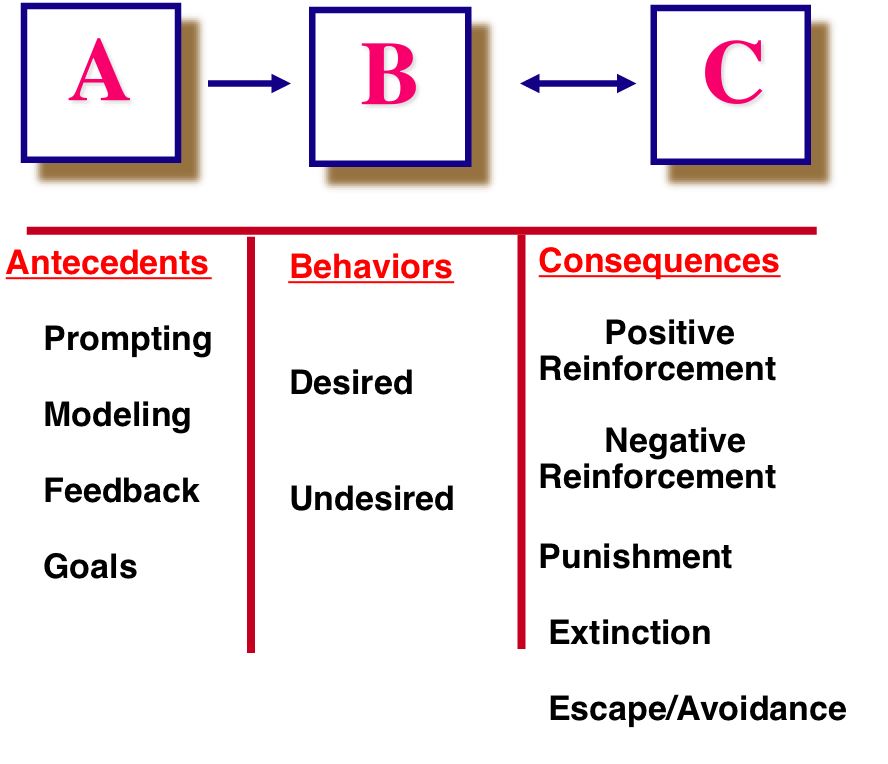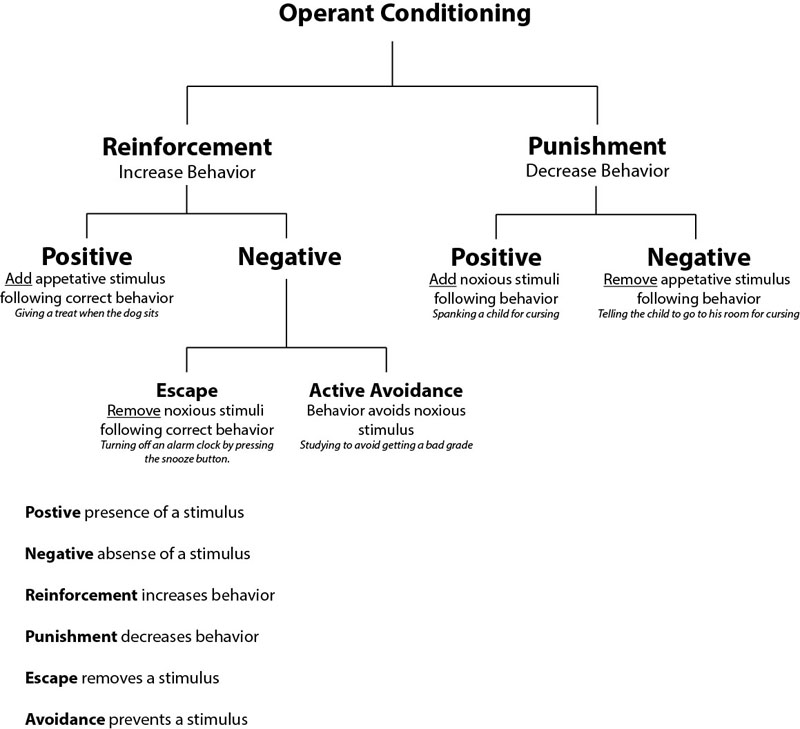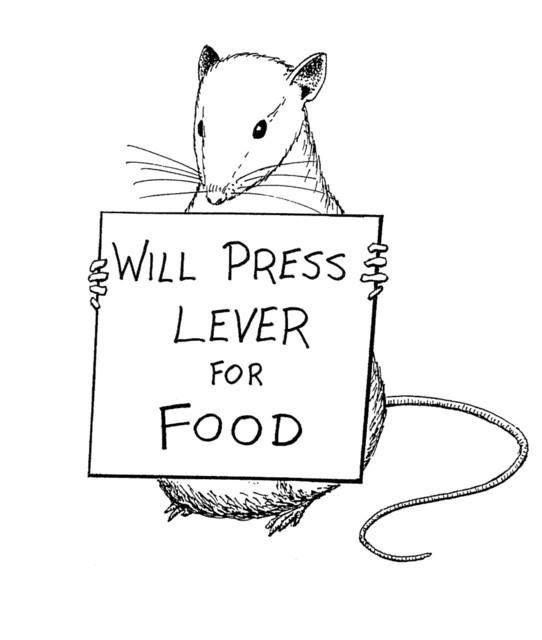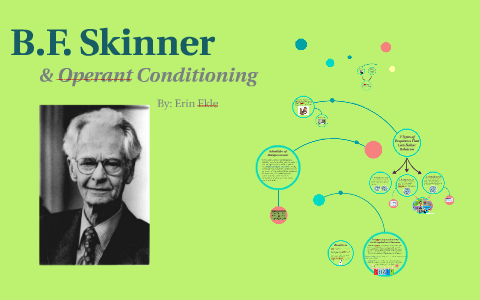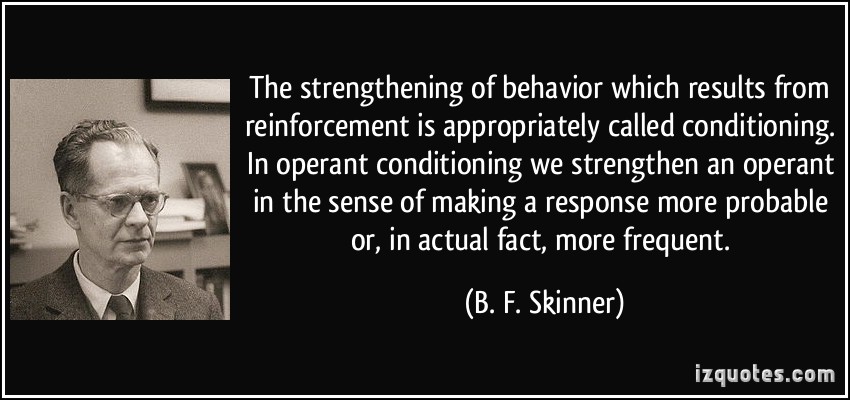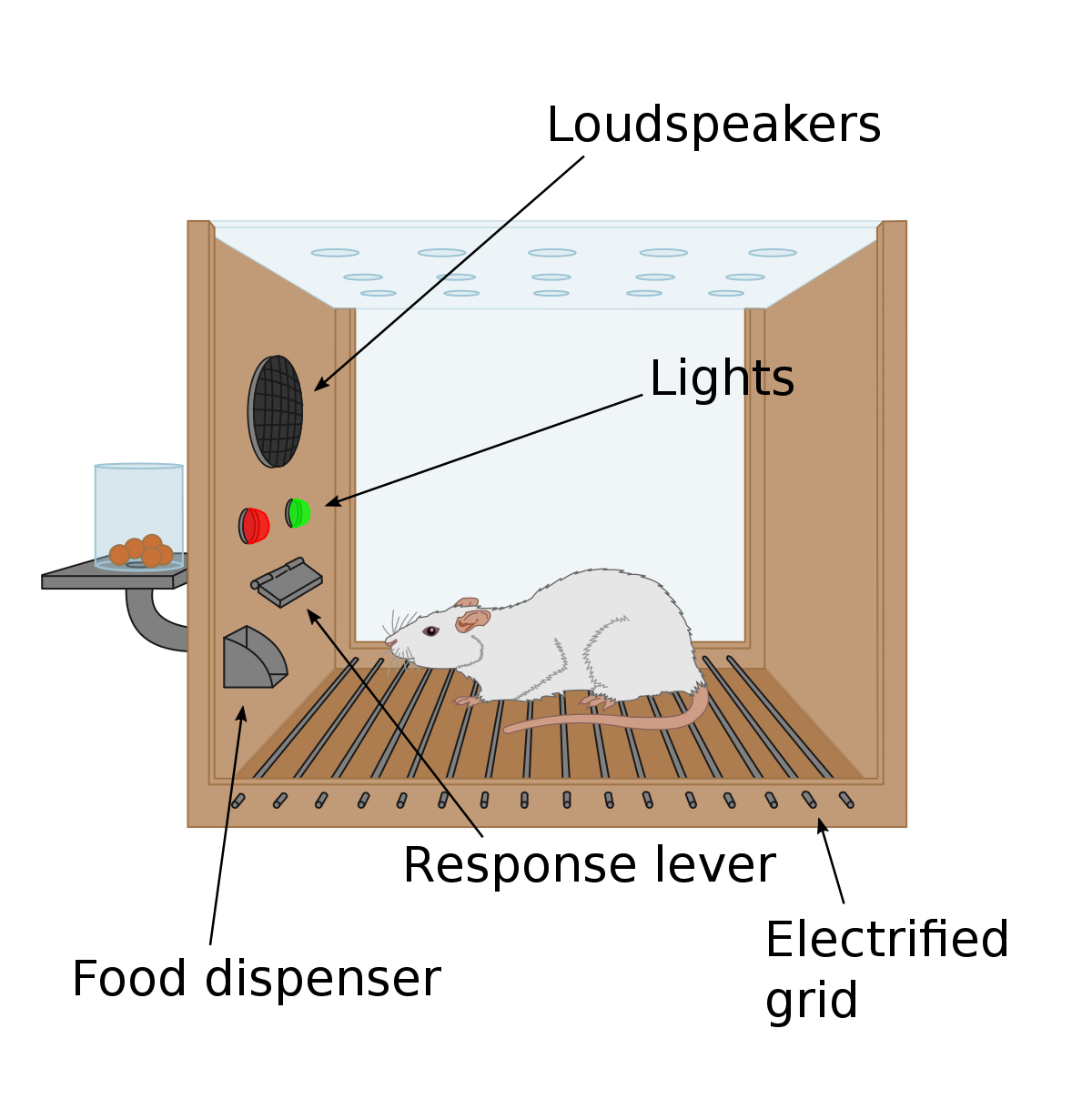B.F. Skinner was an American psychologist and behaviorist who is best known for his work on operant conditioning. Operant conditioning is a type of learning in which an animal or human learns to associate a particular behavior with a particular consequence. Skinner believed that behavior is determined by its consequences, and that the best way to understand and modify behavior is to look at the consequences that follow it.
One of the most famous examples of operant conditioning is the use of reinforcement and punishment to shape behavior. Reinforcement refers to any consequence that increases the likelihood that a behavior will be repeated, while punishment refers to any consequence that decreases the likelihood that a behavior will be repeated.
Skinner conducted many experiments using operant conditioning, including the use of a device called a "Skinner box" to study the behavior of animals. In a Skinner box, an animal is placed in a box with a lever or button that it can press to obtain a reward, such as food. By manipulating the reinforcement schedule (e.g., giving a reward every time the lever is pressed, only giving a reward after a certain number of lever presses, etc.), Skinner was able to study how the animal's behavior changed in response to different reinforcement schedules.
One of the key insights that Skinner gained from his work on operant conditioning was that behavior is highly influenced by the consequences that follow it. For example, if a child is consistently rewarded for doing their homework, they are more likely to continue doing their homework in the future. On the other hand, if a child is punished for misbehaving, they are less likely to misbehave in the future.
While operant conditioning has been highly influential in the field of psychology, it has also been the subject of much criticism. Some critics argue that it is overly simplistic and ignores the role of internal mental states, such as thoughts and feelings, in shaping behavior. Others have pointed out that it can be difficult to predict exactly how a person or animal will respond to a particular reinforcement or punishment, and that there are often many other factors that can influence behavior.
Despite these criticisms, operant conditioning remains an important and widely-used approach to understanding and modifying behavior. It has been applied in a variety of settings, including education, therapy, and business, and has helped to shape our understanding of how humans and animals learn and behave.
